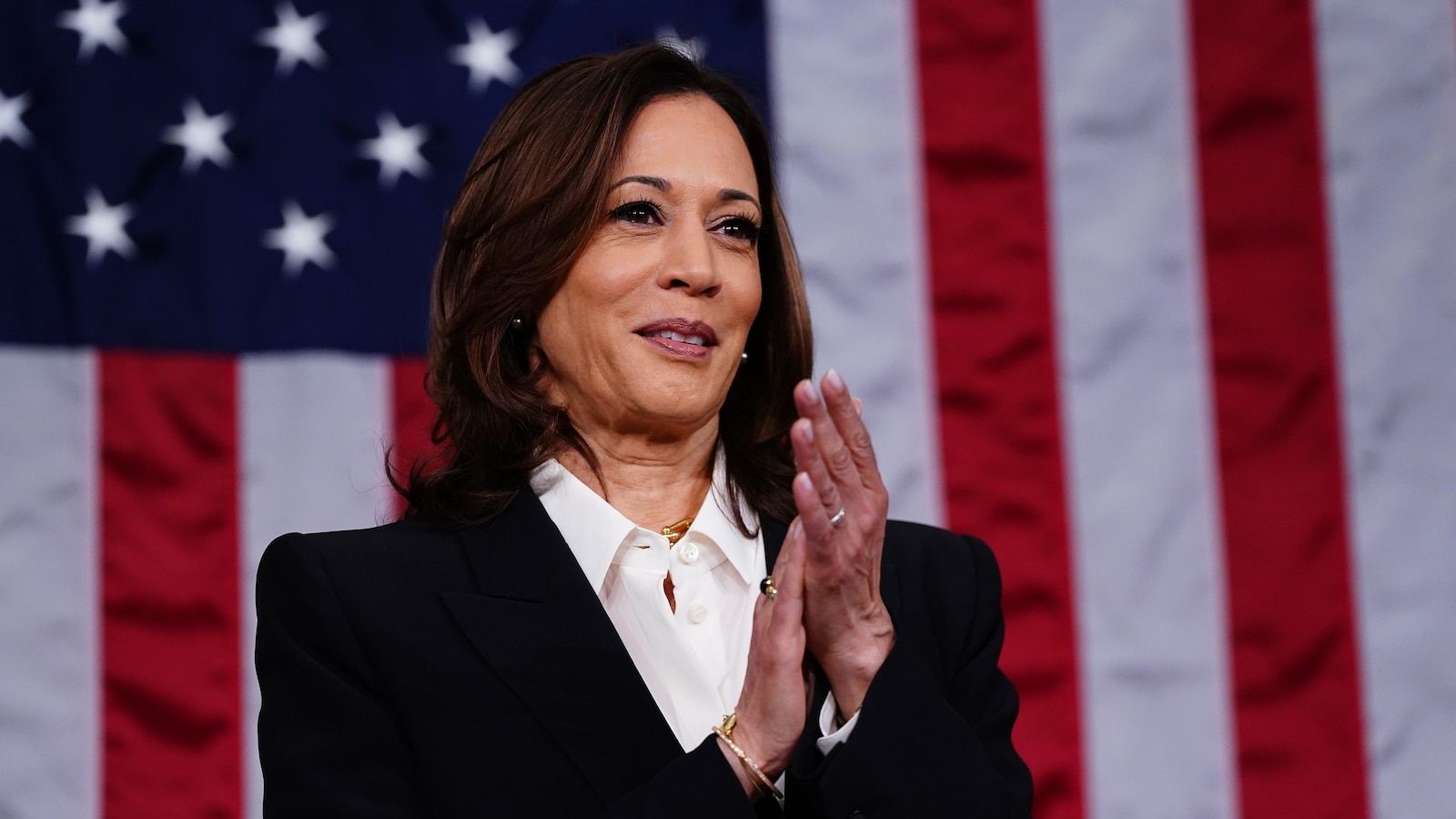The Ethnic Identity of Kamala Harris and Its Significance in American Politics
Kamala Harris, the Vice President of the United States and a potential candidate for the 2024 Democratic presidential nomination, has sparked a national conversation about race, ethnicity, and political identity. Her background as the daughter of a Jamaican father and an Indian mother presents a unique perspective on the complex intersectionality of race in America.
Examining Harris’s Identity
Harris has consistently identified as both Black and Indian throughout her life. She has embraced both cultures, visiting India regularly as a child, attending a historically Black university, and participating in both the Congressional Asian Pacific American Caucus and Congressional Black Caucus.
Historical Context
Harris’s identity challenges traditional notions of race and ethnicity. Historically, individuals have been categorized into neat boxes, leading to preconceived ideas and stereotypes. Mixed-race individuals have often been portrayed as duplicitous or deceitful, fueling fears of the complex.
Race as a Tool of Oppression
In America, race has been used as a tool of discrimination and white supremacy. The one-drop rule, for example, classified individuals as Black if they had any African ancestry, subjecting them to widespread discrimination.
Harris’s Intersectional Identity
Harris’s upbringing reflects the growing racial intersectionality in the United States. She was raised in a household that simultaneously celebrated both Indian and Black cultures. She has stated that she understands the experiences of both communities, having faced discrimination as a Black girl while also appreciating her Indian heritage.
Political Implications
Harris’s intersectionality could influence her political outreach. By drawing upon her multiple identities, she can connect with voters from various demographics. However, it may also lead to scrutiny and criticism, as some have accused her of relying on her race rather than her qualifications.
Conclusion
Kamala Harris’s ethnic identity has forced the nation to confront the complexities of race and ethnicity. Her intersectional experiences challenge traditional categories and highlight the evolving nature of American demographics. As she navigates the political landscape, her identity will undoubtedly shape her message and the way she connects with voters.



